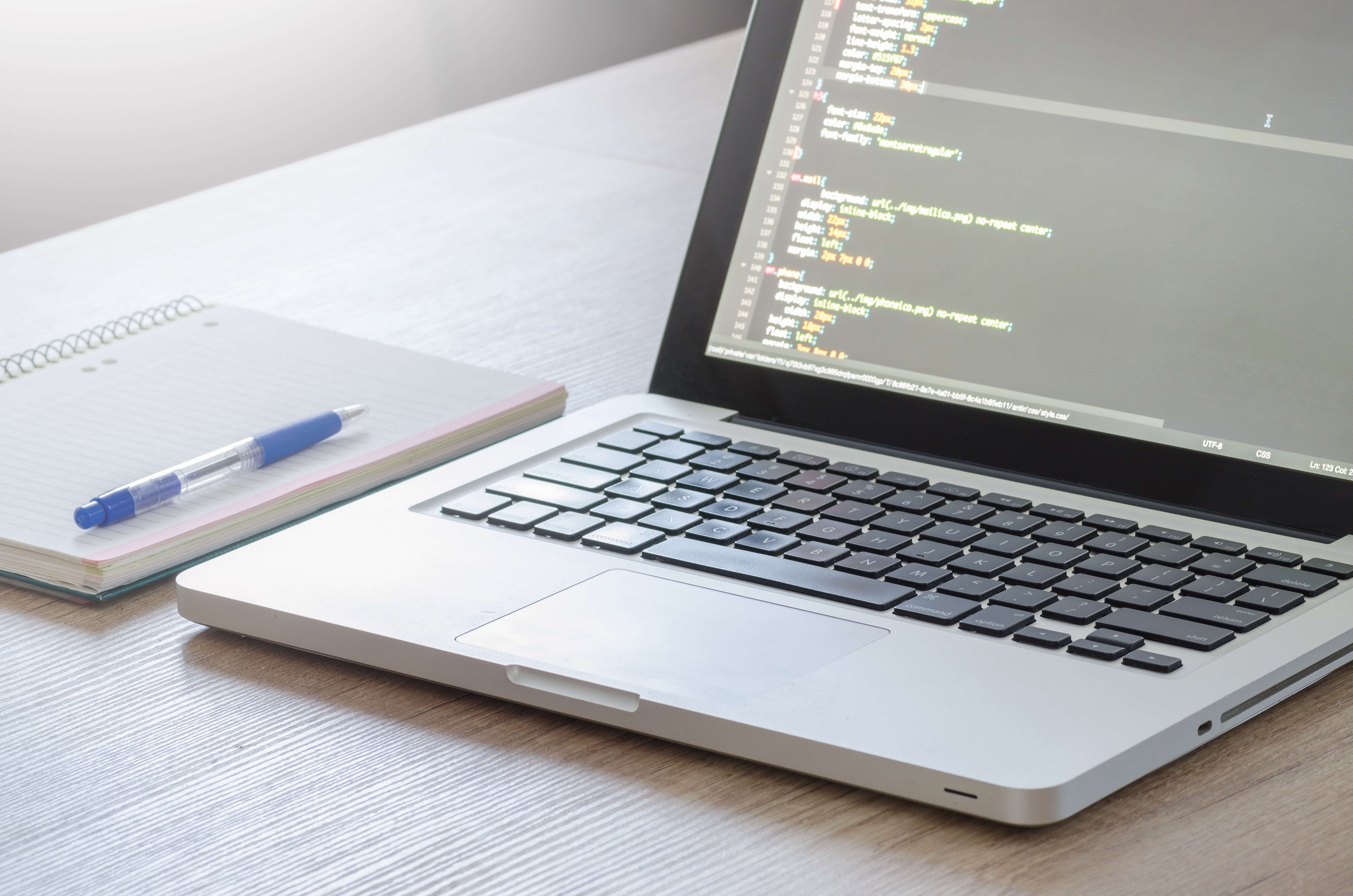
The omnipresence of digital resources in all spheres of daily life creates new educational issues that lead teachers to acquire new competencies for responding to the needs of a new generation of students. Teacher formation at the FSJ reflects this need to prepare our students for teaching in the digital age. As a complement to their undergraduate program, our education students can receive additional training in this area, and their participation is recognized with a "digital badge." This initiative was organized by Randy Lyseng, Director of Student Teaching, in collaboration with Martine Pellerin, Associate Dean Research and Innovation, and Martine Cavanagh, Associate Dean Education Programs. It was made possible by the participation of Éric Caron of the Francophone Consortium of Alberta, Gilbert Bérubé, a teacher at Elk Island School Board's Campbelltown School in Sherwood Park and Annie Dansereau, a teacher at the Conseil scolaire du Centre-Nord's Joseph Moreau School.
The students had the chance to participate in a series of three workshops on the use of emerging technologies such as augmented reality, digital environments, 3D platforms (like Minecraft), and robotics. Students who attended all three workshops were awarded a digital badge signifying that they have already begun their professional development of the necessary competencies for responding to learner needs better by using new digital tools and platforms. As the Vice Dean Research and Innovation indicated by paraphrasing a well-known remark of the philosopher John Dewey, our future teachers must adapt their teaching to the new age to prepare students for the future and not for the past ("If we teach today's students as
we taught yesterday's, we rob them of tomorrow." John Dewey, 1938).
The reaction of Lamyae Fahim, a student who participated in this initiative, indicates the importance of this professional development in the preparation of future teachers. "My participation in the three digital workshops at the Campus Saint-Jean was an enriching experience. It gave me new competencies for getting my students to use technology in the classroom. With virtual reality, I can let my future students explore the world virtually and understand complex phenomena in a more real way without leaving the classroom. Especially since certain experiences in the sciences and physics can be dangerous if things go wrong. During my student teaching, I can use augmented reality in my mathematics and physics lessons to make abstract concepts come to life. I can also introduce video games to vary my teaching strategies, facilitate learning and get my students more involved. For example, with Kahoot, I can check out my students' existing knowledge, conduct surveys to find out what they think and carry out formative evaluations. I will also encourage my future students to use coding in math class to make learning easier and more interesting by making abstractions like mathematical concepts and relations more concrete, gaining confidence in their own abilities and actions, and explaining physical phenomena like speed, acceleration and forces."
The FSJ is proud of its education program, and of its students who have already started their continuing education to be at the forefront of educational change and respond to different social issues to ensure the success of all students in a constantly-changing world.
The students had the chance to participate in a series of three workshops on the use of emerging technologies such as augmented reality, digital environments, 3D platforms (like Minecraft), and robotics. Students who attended all three workshops were awarded a digital badge signifying that they have already begun their professional development of the necessary competencies for responding to learner needs better by using new digital tools and platforms. As the Vice Dean Research and Innovation indicated by paraphrasing a well-known remark of the philosopher John Dewey, our future teachers must adapt their teaching to the new age to prepare students for the future and not for the past ("If we teach today's students as
we taught yesterday's, we rob them of tomorrow." John Dewey, 1938).
The reaction of Lamyae Fahim, a student who participated in this initiative, indicates the importance of this professional development in the preparation of future teachers. "My participation in the three digital workshops at the Campus Saint-Jean was an enriching experience. It gave me new competencies for getting my students to use technology in the classroom. With virtual reality, I can let my future students explore the world virtually and understand complex phenomena in a more real way without leaving the classroom. Especially since certain experiences in the sciences and physics can be dangerous if things go wrong. During my student teaching, I can use augmented reality in my mathematics and physics lessons to make abstract concepts come to life. I can also introduce video games to vary my teaching strategies, facilitate learning and get my students more involved. For example, with Kahoot, I can check out my students' existing knowledge, conduct surveys to find out what they think and carry out formative evaluations. I will also encourage my future students to use coding in math class to make learning easier and more interesting by making abstractions like mathematical concepts and relations more concrete, gaining confidence in their own abilities and actions, and explaining physical phenomena like speed, acceleration and forces."
The FSJ is proud of its education program, and of its students who have already started their continuing education to be at the forefront of educational change and respond to different social issues to ensure the success of all students in a constantly-changing world.